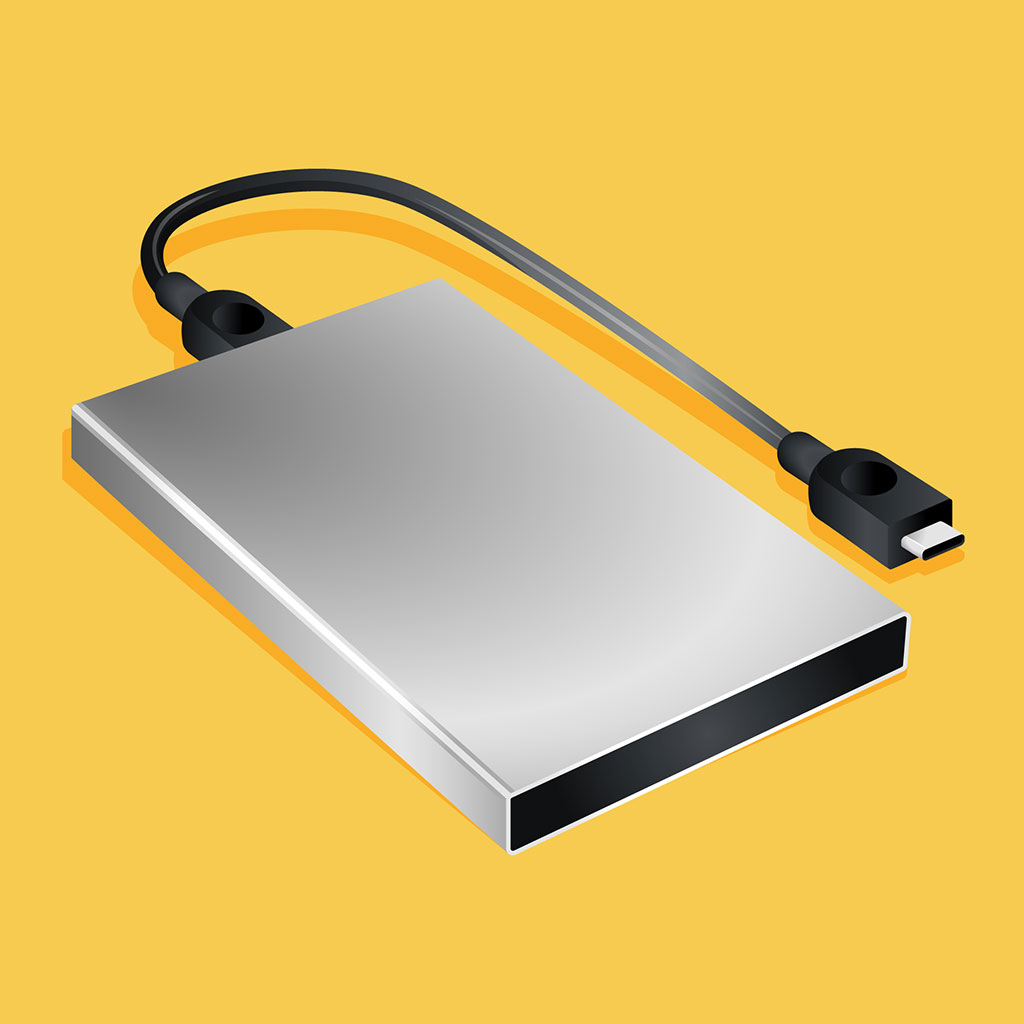How Much Time Do SSDs Last in Macbooks?
How Much Time Do SSDs Last in Macbooks?
Solid State Drives (SSDs) are becoming increasingly popular in modern Macbooks due to their fast speeds and large storage capacities. SSDs have no moving parts which makes them more reliable than traditional hard drives. However, one common question people ask is how much time do SSDs last in Macbooks?
What are SSDs?
SSDs, or Solid State Drives, are storage devices used in computers and electronic devices to store data. Unlike traditional hard disk drives (HDDs) that use spinning disks and magnetic storage, SSDs utilize flash memory technology to store data electronically. This revolutionary storage solution has become increasingly popular in recent years due to its numerous advantages and has significantly transformed the computing landscape.
1. Speed and Performance: One of the primary benefits of SSDs is their exceptional speed and performance. Since they lack moving parts, SSDs can access and retrieve data at significantly faster rates than traditional HDDs. This results in quicker boot times, reduced application loading times, and improved overall system responsiveness, enhancing the user experience and productivity.
2. Reliability and Durability: SSDs are more reliable and durable than HDDs because they are not susceptible to mechanical failures caused by moving components. The absence of moving parts makes SSDs more resistant to shocks, vibrations, and physical damage, making them suitable for use in laptops and other portable devices.
3. Energy Efficiency: SSDs consume less power than HDDs, which leads to improved energy efficiency and longer battery life in laptops and other portable devices. This advantage is particularly valuable for users who require extended usage periods away from a power source.
4. Noiseless Operation: The lack of mechanical components in SSDs results in silent operation, providing a noiseless computing experience. This is especially beneficial for users who value a quiet working environment, such as content creators, professionals, and those working in noise-sensitive environments.
5. Compact Form Factor: SSDs are available in various form factors, including standard 2.5-inch drives, M.2 cards, and even smaller custom designs. This compact form factor makes them ideal for slim laptops, ultrabooks, and small form factor PCs, enabling manufacturers to create thinner and lighter devices.
6. Reduced Heat Generation: SSDs generate less heat during operation compared to HDDs, contributing to better thermal management in computers. This is especially significant for high-performance systems that may produce more heat during intensive tasks.
7. Improved File Transfer Speeds: The faster read and write speeds of SSDs result in improved file transfer rates, which is beneficial when copying, moving, or accessing large files or multimedia content.
8. Longevity and Endurance: Modern SSDs are designed with wear-leveling algorithms and advanced flash memory technologies, ensuring better longevity and endurance. Although individual cells have a limited write cycle, SSD controllers distribute data writes evenly across the drive to extend its lifespan.
How Much Time Do SSDs Last in Macbooks?
The answer to this question depends on various factors, such as the type of drive used, the amount of usage, and the environment in which it is stored. Generally speaking, an SSD can last anywhere from three to five years depending on these factors. Although they can theoretically last longer than this timeframe, there is no guarantee that it will be so – especially when taking into consideration the potential for factors like wear and tear over time.
When looking at the average lifespan of an SSD in a Macbook specifically, it is important to consider that Macbooks often come with higher quality drives than those found in other computers. Additionally, with Apple’s support services and regular software updates, some users may see even longer lifespans out of their machines’ drives. While a typical Macbook’s drive might last up to five years before needing replacement or repair due to normal wear and tear or obsolescence, it’s not uncommon for them to last even longer with proper care and maintenance.
In any case, if you want your drive to last as long as possible then it’s important to follow some basic precautions such as regularly running disk defragmentation utilities on your machine and avoiding unnecessary write operations (e.g., downloading large files). Additionally, keeping your computer cool by ensuring proper ventilation can also help prolong its life expectancy significantly.
Ultimately, while there is no definitive answer as far as how much time an SSD will last in a Macbook; the key is proper care and maintenance along with keeping up-to-date with software updates from Apple. With these considerations taken into account you should be able to expect several years out of your machine’s drive before needing a replacement or repair.
What advantages do SSDs offer?
Solid State Drives (SSDs) offer numerous advantages over traditional Hard Disk Drives (HDDs), making them a very attractive data storage solution. Most notably, SSDs are much faster than their counterparts in HDD because they require no physical parts or spinning disks. Rather, the functionality of an SSD is achieved through the use of electronic chips that enable rapid access to and transfer of files. This leads to quicker loading times for applications, smoother operations, and shorter boot-up sequences for computing devices that make use of these drives.
Beyond their speed benefits, SSDs also boast superior durability when compared to HDDs due to the lack of moving components, such as motors and actuators. High-quality SSDs can withstand various degrees of shocks, drops, and continued vibration due to their rigid construction without sustaining any damage whatsoever. Also, many reputable models come with built-in advanced fail-safe technology to protect your data from incurring any losses due to unforeseen circumstances. That said, ultimately SSDs are ideal for people who demand breathtaking performance out of their machines on a daily basis without having to worry about reliability or longevity issues down the line.





You must be logged in to post a comment.